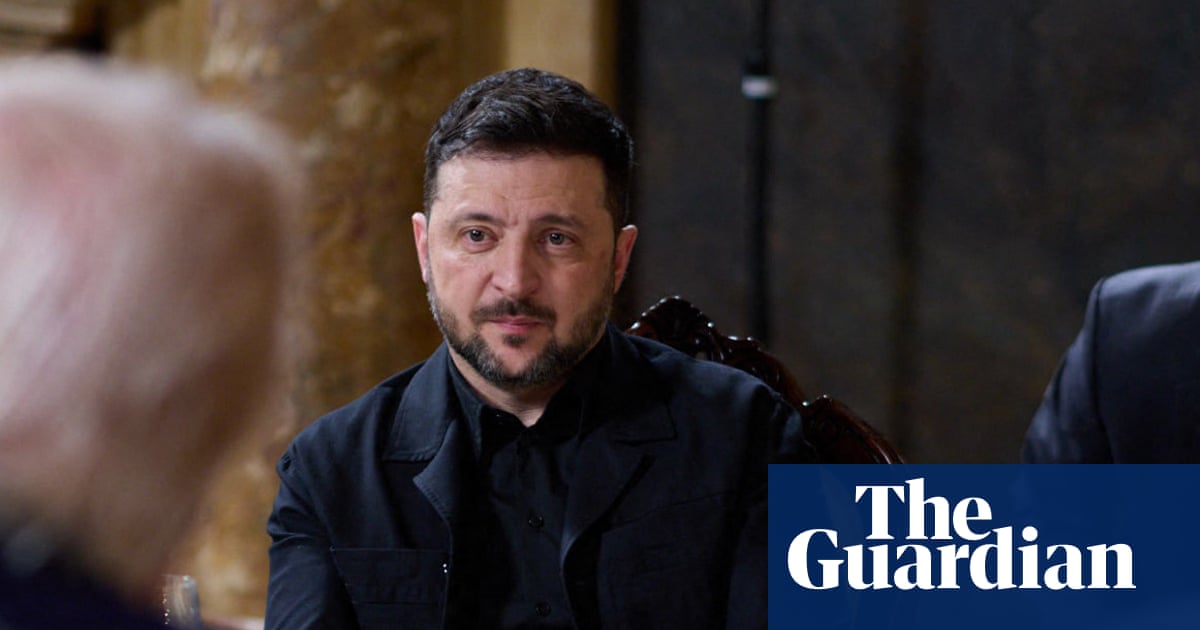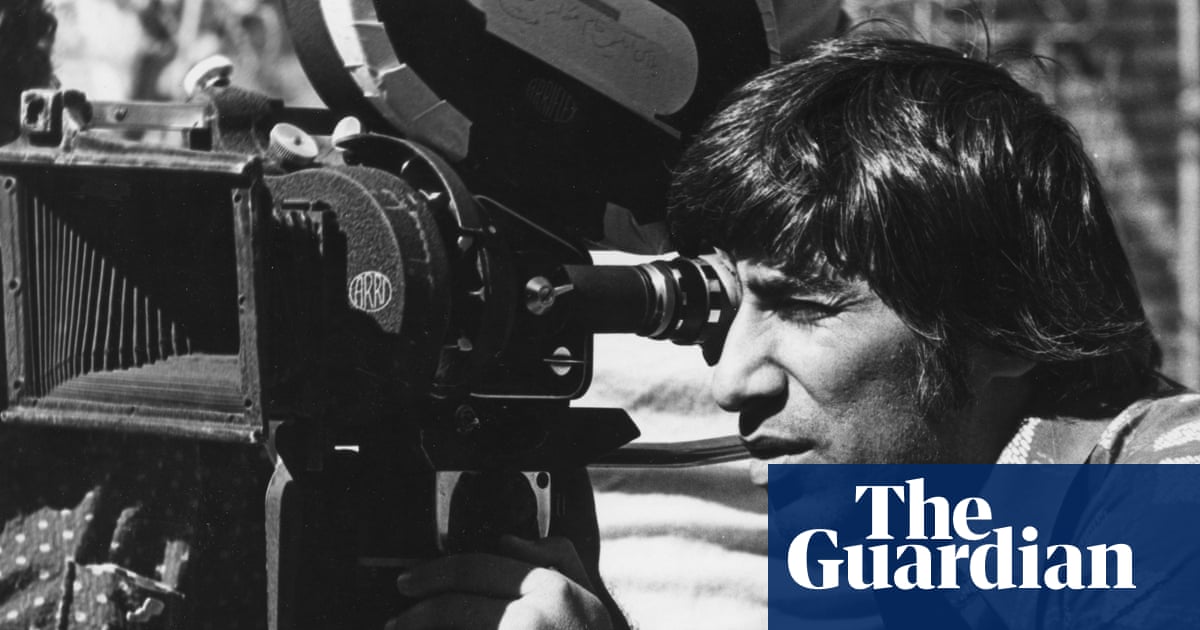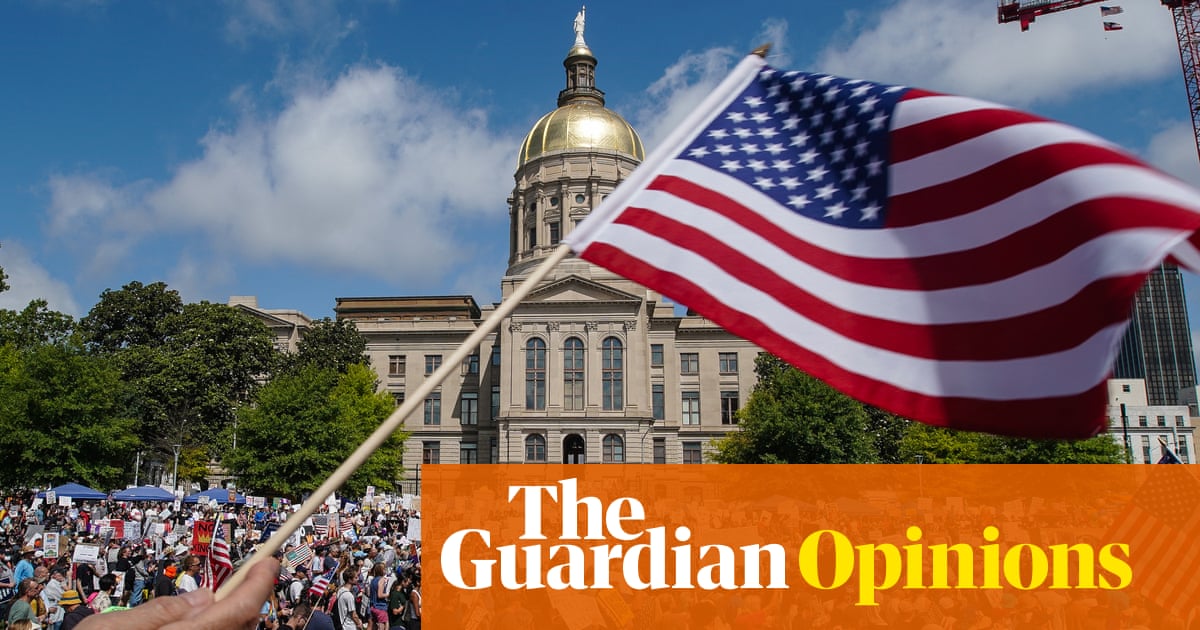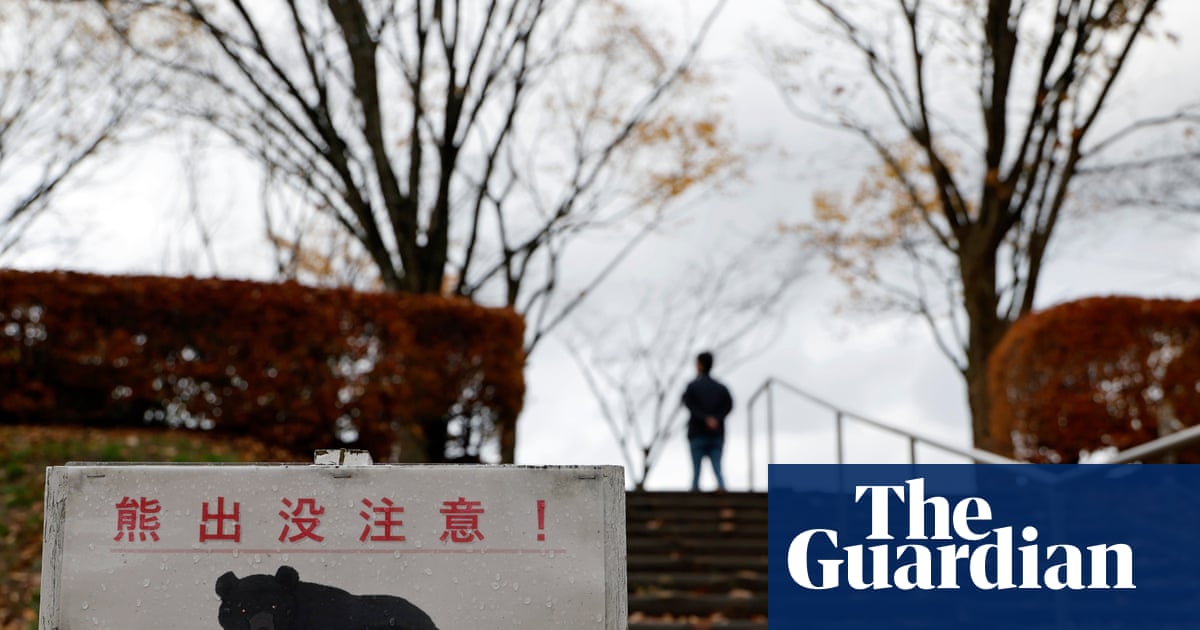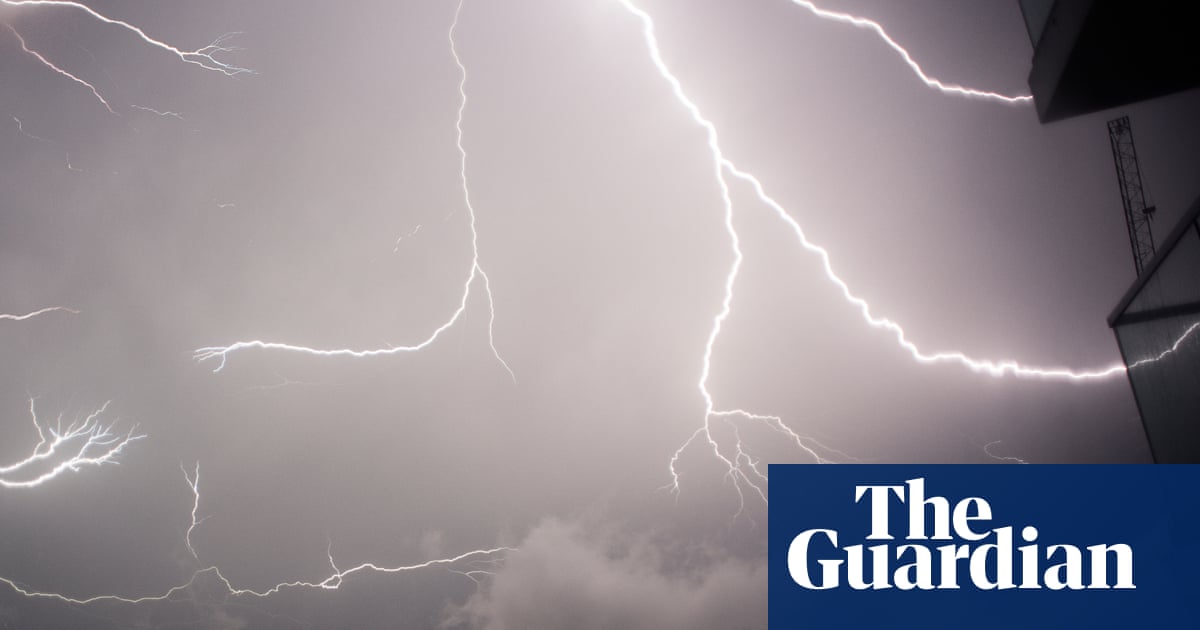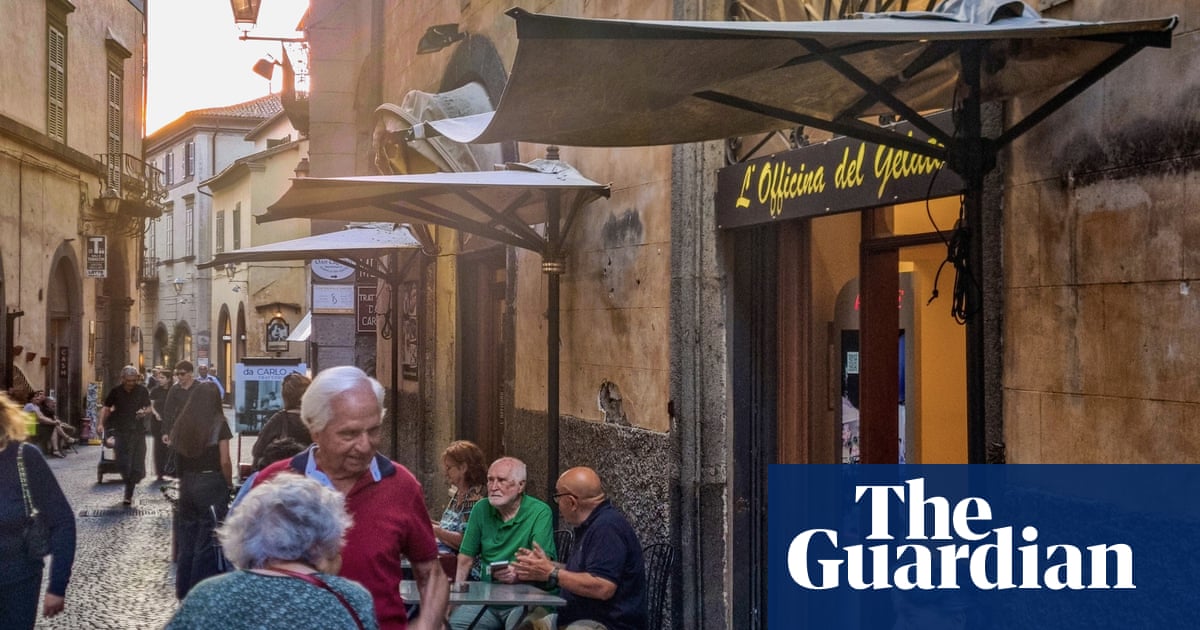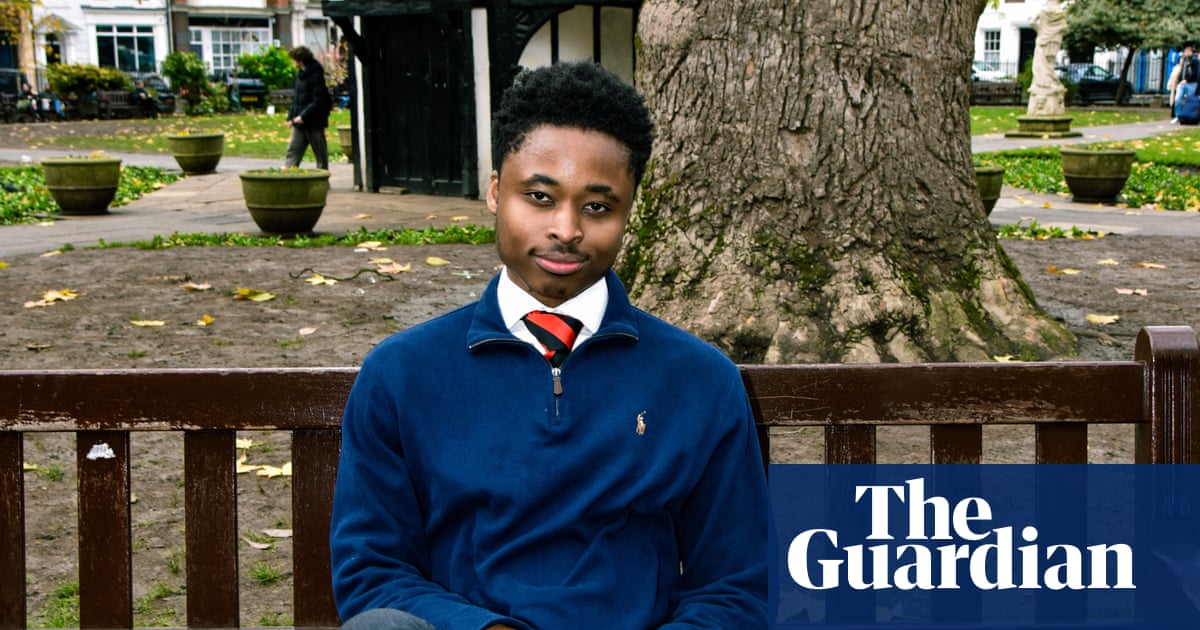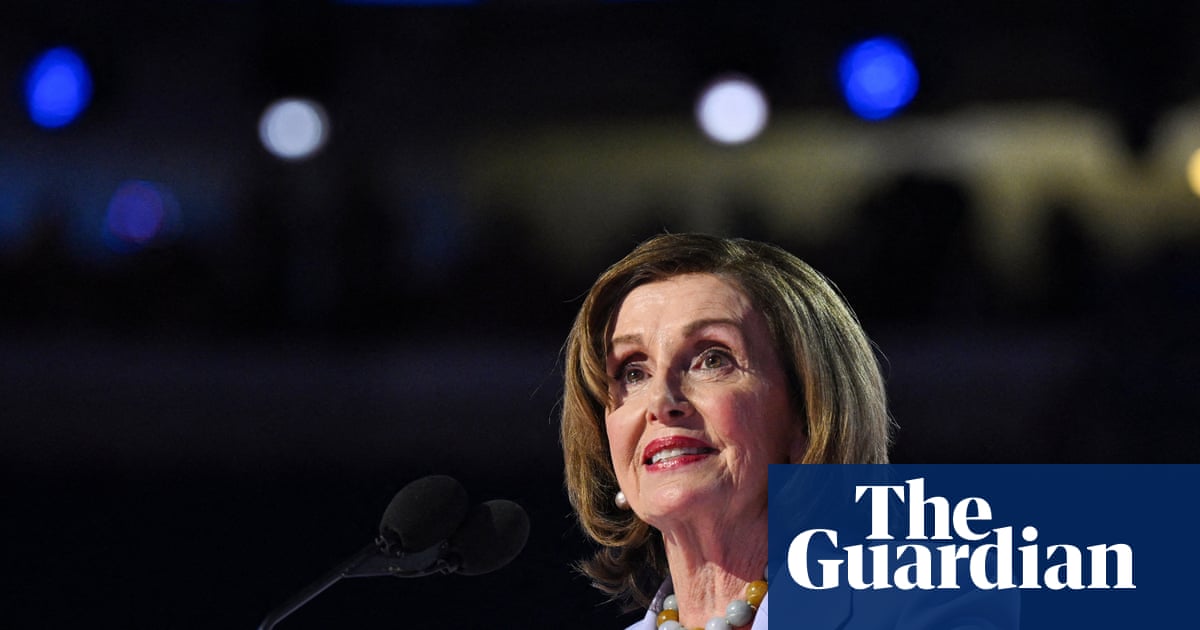The protests that rocked France this week did not come out of the blue. For more than a year now, our country has been in a state of unprecedented political turmoil. You can date this crisis to June 2024, when Emmanuel Macron unexpectedly called a snap election that produced gridlock in the national assembly, rendering all subsequent governments unable to govern. This week’s events have added another historic chapter to the tumult.
For the first time in the history of the Fifth Republic, a government collapsed after a vote of confidence initiated by a prime minister. François Bayrou, in office for just nine months, chose to place his ministerial fate in the hands of an openly hostile hung parliament. The outcome was a foregone conclusion: even the right, though partly represented within his government, broke ranks – a third of the conservative (Les Républicains) deputies refused to back Bayrou. Now, with Sébastien Lecornu – a close ally of Emmanuel Macron – becoming France’s fifth prime minister to be sworn in since May 2022, the question looms large: how did France, whose institutions once seemed so unshakable, arrive at such a state of fragility?
Make no mistake: the hallmark of Macron’s presidency is his persistent disregard for the will of the people. And it is to this disregard that Bayrou really fell victim. Last year’s legislative elections placed the left-leaning New Popular Front (NPF) – rallying to stop the far right – ahead of any other political grouping. True, the left did not secure an absolute majority, but under the established norms of the Fifth Republic, the president should have appointed a prime minister with the support of a parliamentary majority.
Instead, Macron chose defiance. He rejected Lucie Castets, the candidate put forward by the NFP coalition, despite their internal divisions. He then postponed the appointment of a new prime minister until after the Olympic Games before imposing on us a government devoid of any legitimacy.
The president – nicknamed “Jupiter” by his entourage, a nod to his supposed authority and distance from mere mortals, just like the king of the Roman gods – chose the septuagenarian Michel Barnier, a fixture on the French political scene for decades. It was an utterly incomprehensible move in the context: here was Macron appointing a man from the rightwing Les Républicains party, whose legitimacy bordered on nonexistent, having polled a mere 6.6% in the elections. Moreover, the Barnier cabinet included numerous figures from previous administrations as well as members of Macron’s own party, even though the voters had clearly rejected the ruling political class.
Unsurprisingly, Barnier was toppled by parliament barely three months later. Macron then appointed Bayrou, one of his closest allies – a figure who, for most French people, has been part of the political landscape for ever.(I was still in middle school when he served as minister of education).
Bayrou’s multiple missteps quickly eroded whatever standing he may have had: his callous lack of concern for the people of the French department of Mayotte after a natural disaster, his use of far-right rhetoric when he talked about the notion of “migratory submersion”, or his role in downplaying acts of violence committed against students at a Catholic boarding school during his time as education minister. All of this rapidly made him deeply unpopular in the eyes of the French public.
But Bayrou mystifyingly doubled down, not even flinching as he drove forward the very budgetary reforms that had sparked such public anger and shaped the electoral backlash. His austerity plans, unveiled in July, were rightly identified by the unions and parties of the left as an assault on low- and middle-income workers that shielded the wealthiest. But he then crossed a line of basic decency by seeking the abolition of two public holidays , effectively asking people to work more for no additional pay. The aim of clawing back the holidays, he claimed, was to save €4.2bn, a sum almost identical to the revenue lost when Macron, as one of his first acts, scrapped the solidarity tax on wealth.
At the same time, a Senate report published over the summer revealed that €211bn in public funds is being handed out to businesses annually with no conditions attached. No wonder so much of the French public finds it nauseating to stomach the government’s calls for “responsibility” and sacrifices. The wealth of the 500 richest individuals has doubled since Macron’s election in 2017 – no doubt aided by generous tax breaks.
Revolt has not simmered so fiercely for years. Macron’s two terms as president have been marked by waves of social unrest. The gilets jaunes brought the country to a standstill in 2018. Then, in 2023, millions took to the streets in outrage against Macron’s unfair pension reforms. This anger even spread to France’s overseas departments, with violent unrest particularly in Martinique, where the cost of living is higher than in mainland France and where deep inequalities rooted in the colonial past persist. Yet his government forced the law through anyway, invoking special powers to bypass parliamentary approval.
It is the combined unfairness and heavy-handedness that people so vehemently oppose now – in the streets and at the ballot box.
after newsletter promotion
Polls show that two-thirds of the French people now want Macron to step down. No surprise there: he has spent years defying them. Yet even now, he tasks a party ally – a party voters rejected twice last year – to run the country.
This blatant denial of democracy lays bare the dead end of France’s hyper-presidential system, one that grants a single individual enough power to openly disregard the popular will. And it fuels such mass mobilisations as the Block Everything movement.
It was clear to many of us – after Bayrou detailed his inequitable budget plans – that this campaign was exploding on social media during the summer. I was on group chats with some of the organisers of the day of action, and could tell that many were simply tired of not being heard. They were trying to find an impactful way on a nationwide scale, to force politicians to listen. Social and climate injustices are at the heart of a discontent that I share.
On Wednesday we got a sense of the scale of this movement’s potential on the streets – with protests in more than 500 locations despite the repressive, heavy-handed deployment of riot police. I am not surprised at the public defiance. Policies that deepen social hardship are intolerable for those told to tighten their belts, while the wealthy – idolised by Macron – grow richer still.
-
Rokhaya Diallo is a Guardian Europe columnist

 3 months ago
59
3 months ago
59
